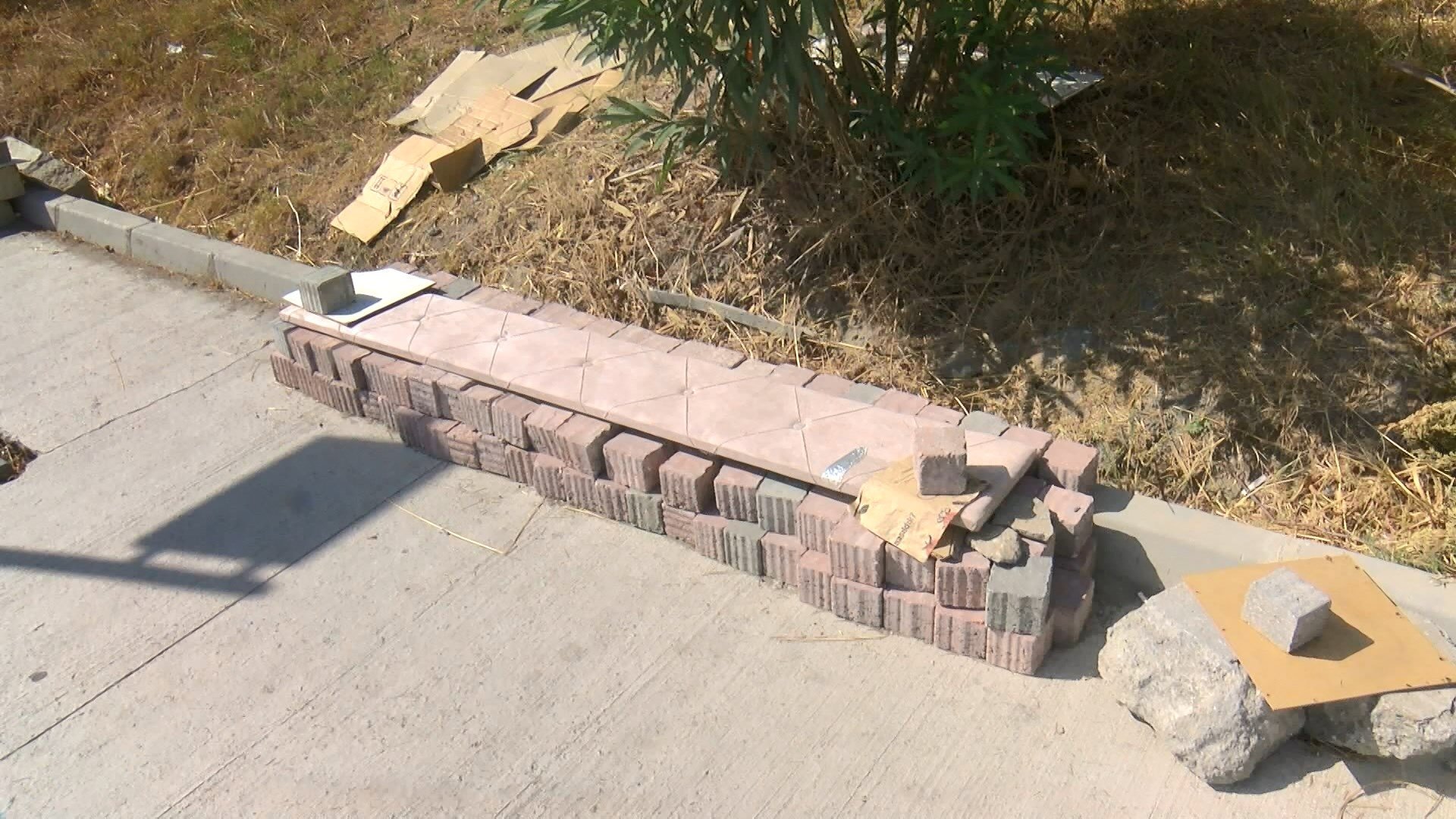Physical Address
Indirizzo: Via Mario Greco 60, Buttigliera Alta, 10090, Torino, Italy
Physical Address
Indirizzo: Via Mario Greco 60, Buttigliera Alta, 10090, Torino, Italy

Ilyas Tok, 70, a resident of the Tahtakale neighborhood in Avcılar, Istanbul, took matters into his own hands after repeated attempts to have a shelter and benches installed at the bus stop on Lilyum Street went unanswered. Tok first approached the Avcılar Municipality to request the installation, but officials directed him to the Istanbul Metropolitan Municipality (IBB) 153 Solution Center. Despite calling the center multiple times, he was unable to obtain any assistance.
Faced with continued inaction, Tok spent the night collecting stones from a vacant lot and built benches at the bus stop with his own hands. He also created spaces for students to place their bags, noting the importance of the stop for local schoolchildren. “There are two schools in the area and at least 200-300 students will use this bus stop. The buses are overcrowded and some children do not have bursaries, so they rely on public transport,” Tok said.
Taner Tanrıverdi, a local resident and security personnel of a nearby site, witnessed Tok’s dedication. “Uncle Ilyas arrives around 8 p.m. and works until 5 a.m. He carried these stones with his own hands. Children sit on the benches he made while waiting for the IETT bus,” Tanrıverdi said.
Despite his advanced age and the physical strain, Tok began collecting discarded and unusable pavement stones from a vacant lot. He worked through the night to create the benches for passengers, ensured spaces for students’ bags and manually cleared the grassy area behind the stop to prevent potential fires. Tok sustained injuries to his hands during the effort.
Speaking about his dedication, Tok said: “I worked under the sun and my head felt heavy. I went to the Avcılar Municipality to ask which department was responsible for the stops. I asked why they hadn’t built a shelter or benches. They told me the office was not responsible and that I should call 153. I called 153 two or three times. I said I would collect signatures and report the situation to the governor if necessary. There are two schools in the area and at least 200-300 students will use this stop. The buses are overcrowded.”

Tok added: “Children will take the bus from here. A 6-year-old child will wait here for the bus while his mother picks him up from school. Their bags are full of books. They wait here for an hour in this condition. I created the racks in case they want to place their bags. I am doing this for the children, for the public, for humanity. I devoted myself to this work and worked until the morning call to prayer. The grassy area behind the stop could catch fire. It was full of thorny plants, so I cleared it all with a knife. My hands were injured while clearing. With this heat, where is the shelter? Where are the benches? What will happen during the snow?”
Tanrıverdi, the security personnel, emphasized Tok’s extraordinary dedication: “Uncle Ilyas comes around 8 p.m. and works until 5 a.m. He carried the stones from the field with his own hands; we are witnesses to this. He also cleared the grassy area with a knife and his hands. Some people ask him, ‘What are you doing here?’ He said he wants a bus stop when schools open. Uncle Ilyas carried all these stones himself. Children sit on the benches he built while waiting for the IETT bus. May God bless him. He also lives on the site as a tenant. The injuries you see on his hands happened while clearing the grassy area.”
Tok’s tireless efforts highlight not only the challenges faced by residents relying on public transport but also the lengths to which citizens may go to address gaps in public infrastructure. Despite repeated bureaucratic obstacles, Tok’s actions ensured a safe and functional bus stop for hundreds of students and local residents, demonstrating both perseverance and a strong sense of community spirit.